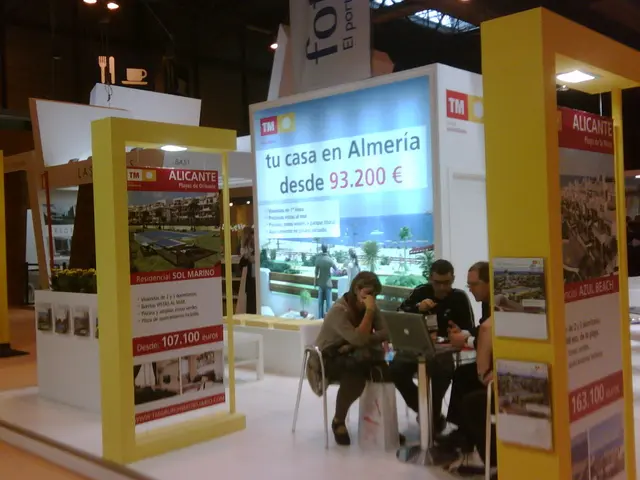Microsoft achieved a significant phase in its 'zero-waste' initiative.
Microsoft Achieves 90.9% Zero Waste Target a Year Early
In a significant achievement, Microsoft has exceeded its zero waste targets, reporting a 90.9% reuse and recycling rate for servers and components in 2024. This surpasses the company's goal of 90% set for 2025, a year ahead of schedule.
Microsoft's focus lies in three key areas: the large-scale sustainable extraction of rare earth minerals from hard disk drives, the expansion of Circular Centers globally, and the development of recyclable packaging solutions for data center hardware.
Rani Borkar, corporate vice president of Azure Hardware Systems and Infrastructure, stated, "As we build on the progress of the past five years, we are excited to continue accelerating circularity practices across our business. Preventing waste remains the core of our zero-waste strategy." The company is also investing in expanding markets for circular solutions and collaborating with local organizations to promote circularity in the communities it operates in.
According to Microsoft, it reused more than 3.2 million components through internal and external channels in 2024. Current Circular Centers are located in Amsterdam, the Netherlands, as well as five in the U.S., Dublin, Ireland, and Singapore. The tech giant plans to open new facilities in Cardiff, Wales; New South Wales, Australia; and San Antonio, Texas.
The upcoming Cardiff Circular Center aims to prolong the life of data center hardware through reuse and component recovery, support regional job creation and training academies for data center technicians, and contribute to more sustainable IT infrastructure for customers across the UK and Europe.
Microsoft's efforts in packaging have shown positive results. It has been working with suppliers, logistics service providers, and recyclers to separate packaging layers, enabling the recycling of materials locally. This initiative has processed packaging from over 30,000 server racks, diverting more than 2,500 metric tons of waste from landfills. The company is now looking to expand the program to other types of packaging.
Despite these advancements, Microsoft still faces challenges such as technological limitations, supply chain dependences, and environmental concerns in the sustainable extraction of rare earth minerals. However, with ongoing research and development in new technologies, the company is poised to continue its efforts towards a more sustainable future.
- Microsoft's commitment to sustainability extends beyond zero waste, encompassing research in environmental-science, particularly the large-scale sustainable extraction of rare earth minerals from hard disk drives.
- In the realm of technology and finance, Microsoft is investing in the expansion of Circular Centers globally, which not only focus on reusing and recycling data center hardware but also contribute to the development of recyclable packaging solutions.
- As part of its zero-waste strategy, Microsoft is collaborating with local organizations to promote circularity in the environments where it operates, with new Circular Centers planned for Cardiff, Wales; New South Wales, Australia; and San Antonio, Texas.







